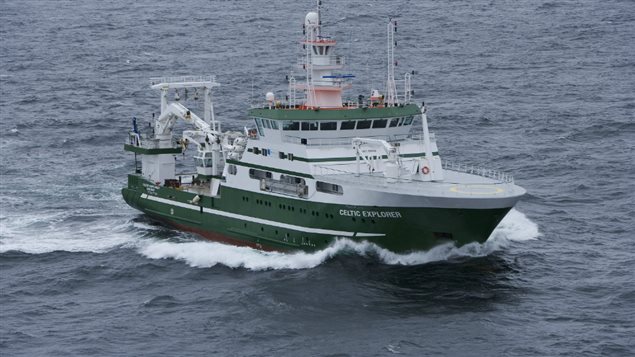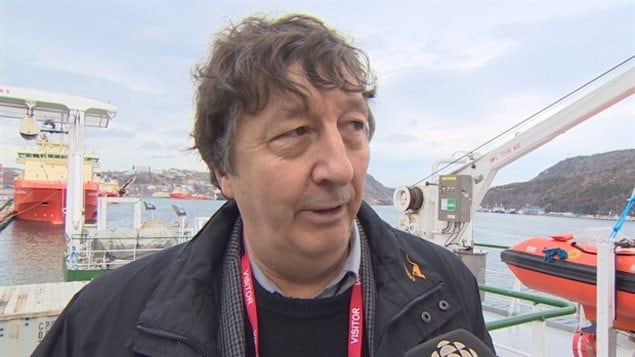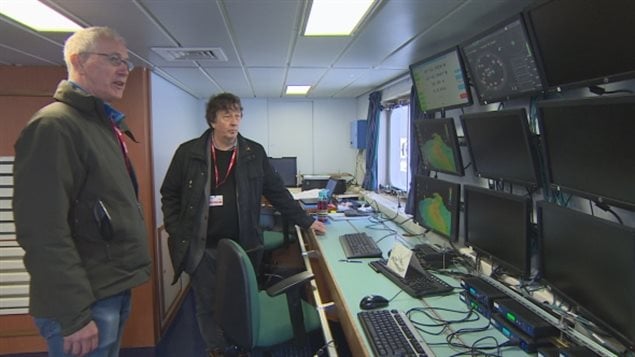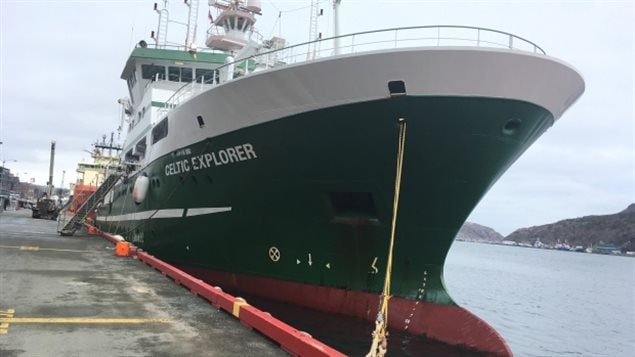An ambitious research project is underway between the Atlantic province of Newfoundland, and Ireland.
Scientists from six countries are aboard a research vessel making a slow transit across the North Atlantic stopping to measure carbon dioxide levels in the ocean at points roughly every 30 nautical miles along the route. Doug Wallace is a chemical oceanographer and a Canada Excellence Research Chair in Ocean Science and Technology at Halifax’s Dalhousie University. He is leading a team of researchers on the RV Celtic Explorer.
Quoted by the CBC he said, “Understanding this part of the ocean is really key to understanding how climate change is happening and how it will happen in the future”.

The world’s oceans have absorbed some 50 per cent of the C02 created by mankind over the past 200 years, mitigating climate change, but the process is slowing down. It has also made the oceans more acidic leading to other ecological concerns.
The currents in the North Atlantic are also vital in providing nutrients to the deep ocean, in cooling the planet, and creating a milder climate in western Europe.
Brad de Young, professor of physics and physical oceanography, Memorial University is also on board. Quoted in the Memorial U. Gazette, he says, “The Northwest Atlantic is one of the world’s largest sinks of carbon dioxide and, despite progress in our understanding, there’s still a huge lack of data as it relates to climate change’s impact on the ocean and what that means for the economy and society”.

In addition to Canadian scientists from Nova Scotia’s Dalhousie University, Memorial University Newfoundland and from Fisheries and Oceans Canada, researchers on board include those from the Marine Institute and National University of Ireland, Galway, GEOMAR from Germany, the University of Exeter, Woods Hole Oceanographic Institution and Columbia University from the U.S., and Aarhus University, Denmark.

The trip falls under the new Ocean Frontier Institute and its goal to support multi-year research efforts. Ireland’s Marine Institute is a partner in OFI co-founded by Memorial University, Dalhousie University, and the University of Prince Edward Island. It was created last year through $220 million in funding from the Canadian government.
The ship left Newfoundland late last week and should be in Ireland by the end of the month.
Additional information-sources







For reasons beyond our control, and for an undetermined period of time, our comment section is now closed. However, our social networks remain open to your contributions.